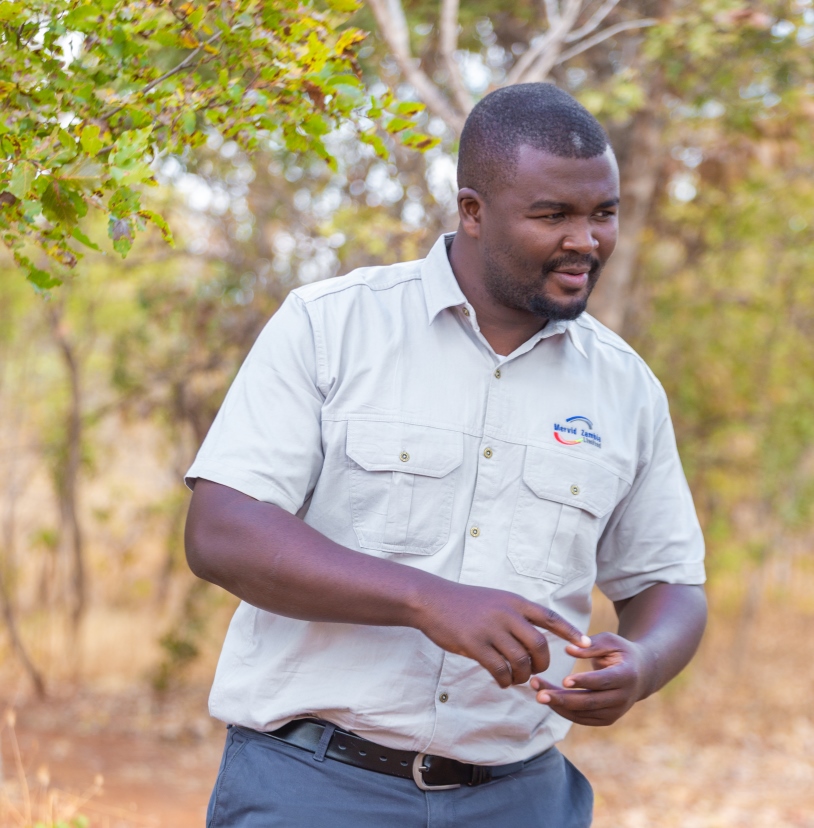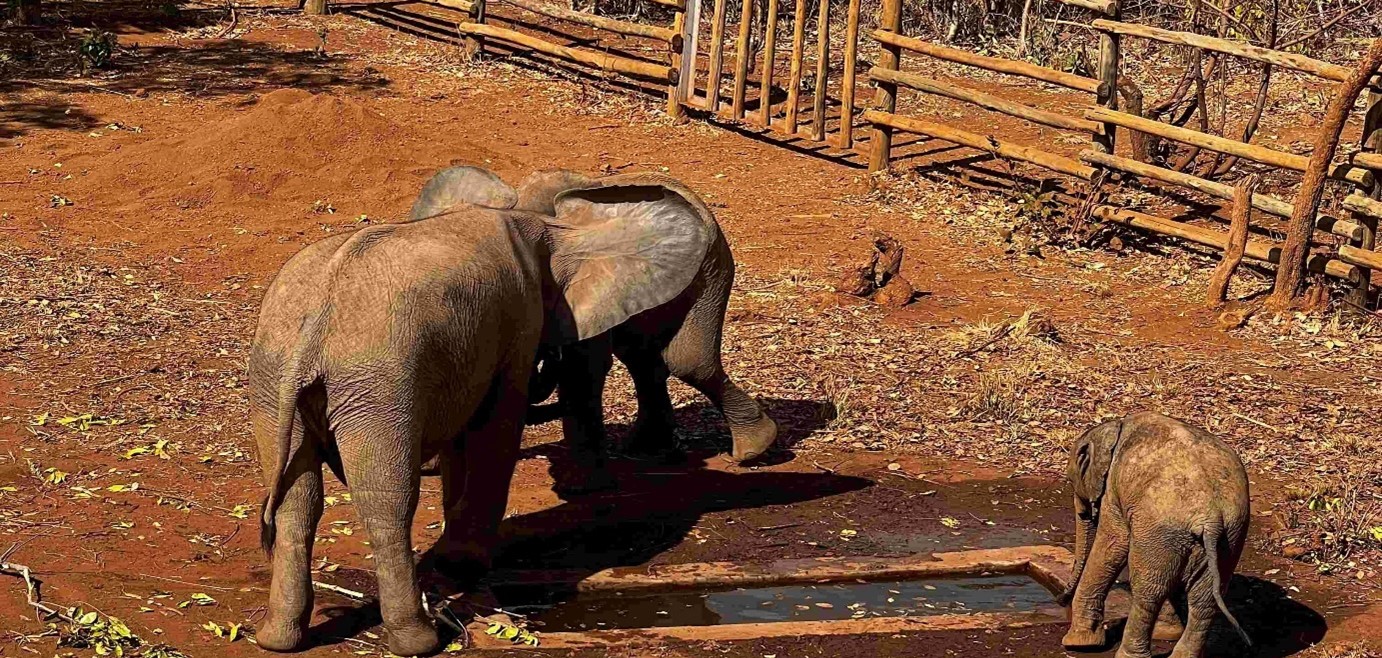The Lusaka South Multi-Facility Economic Zone (LS-MFEZ) occupies 2,100 hectares of land that used to be the exclusive domain of the Zambian capital’s forest. Now it houses 98 businesses, representing $1.34 billion in investment. Thousands of people owe their jobs to the development of this area.
You might say that David Musonda is one of them. Although David’s relationship to the industrial park, and the forests is a bit different than most. He is paid by the government to carry out Environmental Impact Assessments (EIAs). These often result in changes by the businesses that are moving in, so that they don’t end up costing Zambia a huge swath of forest cover or destroying ecosystems.

“We are bringing in the lessons learned from the African Forest Forum using some of the things to engage the partners and engage the developers, ensuring that at least sustainable development is attained. Number one, with regeneration… some of the species that were being eradicated by the Lusaka South Multi-Facility Economic Zone development can be regenerated within the South Lusaka National Park.”
Maxwell Zulu heads the administration of the Economic Zone. He hired David for the project. They work closely to make sure that federal regulations are met, and that the area will achieve its purpose. “This is a very important investment for the country in the sense that it aims to diversify the Zambian economy from merely exporting raw materials to exporting finished products. And also, we are looking at technology transfer and skills development for Zambians. So that's how this economic design is important…So before we even approve, our first point of call is the environment or consequences of that particular investment,” Maxwell asserts.
He is proud of how his enterprise works with the country’s new Ministry of Environment and Green Economy. David has exposed him to informative videos from the African Forest Forum that have influenced his work. “As we develop, we have to ensure that we preserve this environment for future generations that will come. They also want to see an elephant. Number three, they want to search for trees that are indigenous to this country and also the animals, so I feel proud about that,” says Maxwell.
One of their most important achievements involves solar energy. Green energy is generally an environmentalist’s friend. But spreading out scores of solar panels over a huge space was going to create problems. David explains: “One of the challenging projects I have worked on in Lusaka is the solar power plant in the Lusaka South Economic Zone. At the inception, we found that the project was proposed to be developed on an area that had been marked for a forest. It was quite a challenge because we had to come up with a plan of how we would replant the forest that we would need to be cleared. We’re talking about a hundred hectares of land. They did, and trees were planted resulting in a zero-sum loss of forest. “We've learnt a lot from the African Forest Forum, especially the carbon sequestration. One of the proposals that we’re trying to put across to the Ministry of Tourism for this Lusaka National Park, is the issue of carbon sequestration because this will act as a perfect spot where carbon can be sequestered.”
While David has engaged the AFF to develop strategies to deal with business needs, he has also looked at how to keep forests untouched. He has paid attention to the growth and care of the Lusaka National Park. The area was set aside by former Zambian leader Rupiah Banda, after he experienced the unique access that Kenyans have to their capital city’s national park. He wanted his compatriots to enjoy the same bond with nature. The site now boasts an elephant orphanage, education programs toured by schools, and is recognised as a centre for carbon sequestration.
David has received support from the African Forest Forum in workshops that have taught him how to influence policy making. He continuously engages government departments, not just the Ministry of Environment and Green Economy, to make sure he is heading off any new interests encroaching on the Lusaka National Park.
He is keenly aware of the need for development and conservation around the country’s largest urban area. “We’re a developing country and it’s a huge burden on the natural resources, especially the forest. So, you find that we have to strike a balance between economic development, industrial development, and environmental conservation and also from the agricultural point of view, which uses a huge amount of forest. And this is something that I learned from the African Forest Forum. We are engaging the partners, engaging the developers to make sure that at least sustainable development is achieved.”



